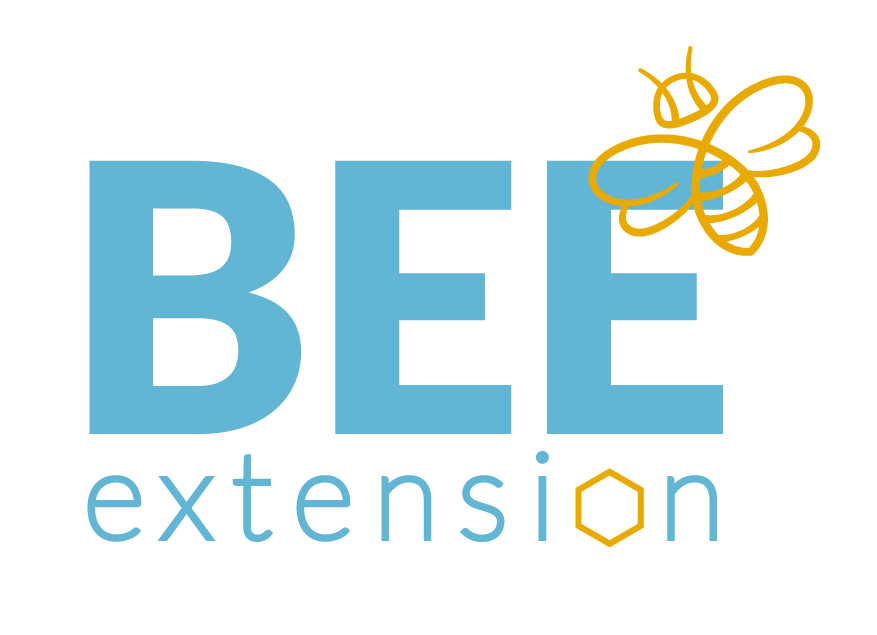Search Result
Target group – analysis
Type: page
More information on target group will be provided here. This page is under construction.
Categories:
Analysing the B-KIS in Europe, an overview
Type: documents
Categories: Capacity buildingCommunication planningMethods and tools
Checklist 3
Type: documents
Categories: Behavioural changeCapacity buildingCommunication planningMethods and tools
Checklist 2
Type: documents
Categories: Behavioural changeCapacity buildingCommunication planningMethods and tools
Understanding change
Type: documents
Categories: Adult learningBehavioural changeMethods and toolsTarget group
Choosing methodological strategy and design
Type: page
Develop a communication plan and strategy This checklist (2) builds on the results derived from your assessment of the problem, target groups, and your available resources. A communication plan needs to include the following sections: Issue or Problem Goals and Objectives Who’s doing the communicating and with what resources (responsibilities)
Categories: Communication planningMethods and toolsMonitoring and evaluation
How to define ones role
Type: documents
Categories: Advisory servicesCapacity buildingCommunicative competenceMethods and tools
How to define ones role
Type: page
Defining your role As part of the communication planning it is not only important to know your target groups, available resources and key messages. It is also necessary for you to reflect upon your own role in the forthcoming activities: Are you the one to do most of the communications
Categories: Advisory servicesCapacity buildingCommunication planningCommunicative competenceMethods and tools
Process management
Type: documents
Categories: Adult learningCapacity buildingCommunicative competenceMethods and tools
Process management
Type: page
Process management Facilitation means that we use communicative strategies and methods in order to enhance social learning and negotiation towards innovation in a multi-stakeholder setting. The facilitator can help, not leading, but organising and designing and by that creating shared purposes, values and meanings, fostering joint learning, and developing appropriate
Categories: Adult learningCapacity buildingCommunicative competenceFacilitation
About Bee-Extension
Type: page
Bridging the implementation gap; Effective dissemination of (research) information Enabling access to best available knowledge/best practice Regional adaptation of general information Creating arenas for joint learning Developing new products, business models and markets Gaining access to and linking beekeepers needs Reaching societal goals through public funding …but large differences among
Categories:
Enabling access to information
Type: page
Printed publications: Leaflets Landesbetrieb Landwirtschaft Hessen Bieneninstitut Kirchhain Varroa 1, varroa 2, varroa 3 and varroa 4 Links to different electronic products and activities: Information sites https://beeinformed.org http://efsa4bees.efsa.europa.eu http://www.nationalbeeunit.com http://www.apiservices.biz/en Podcast https://itunes.apple.com/us/podcast/biodlarpodden/id1234001087?mt=2 You tube channel Romania https://www.youtube.com/watch?v=hg01zreQur8 DVD queen rearing, Romania https://www.youtube.com/watch?v=EZ1FW4GobPU Webinar https://www.youtube.com/watch?v=7w8yJMxVJGk https://www.youtube.com/watch?v=dY7iATJVCso Beekeeping News The Apis Information
Categories: Advisory servicesChannels and mediaMethods and tools
Surveying beekeepers
Type: page
More information on how to surveying beekeepers will be provided here. This page is under construction.
Categories:
Communication plans
Type: page
Communication planning What are to be improved? (the problem) What does it take to improve the situation? (strategy) What is the relative importance of extension, etc.? (your role) Who are the beneficiaries, users, actors, etc.? (target groups) What do they need to know, be able to and/or want to do?
Categories:
Checklist 1 – Assessment
Type: documents
Categories: Communication planningCommunicative competenceMethods and tools
B-KIS
Type: page
Making a quick B-KIS-analysis of your country or region Introduction A B-KIS describes the Bee-keeping sector’s Knowledge and Innovation System in a country or region. It is a way to rather quick get a structural overview of main actors and their relationships, methods used, and specific roles, among other things.
Categories: Methods and tools
Structure analysis
Type: page
Assessing collaborative potential: Initial Screening Worksheet Part one Give three concrete conflict management or decision making situations which the members of the group perceive as characterised by complexity and controversies, and where a project or process oriented approach would be a successful way forward. A. B. C. Rank these three
Categories: Communication planningCommunicative competenceMethods and tools
Assessing collaborative potential: Initial Screening Worksheet
Type: documents
Categories: Methods and tools
Mapping actors and structures
Type: page
Who are involved in the knowledge system in beekeeping? Are there potential for collaborations to strengthen the whole sector? What functions are needed, which are good working and which are lacking? Try the tools to analyse the present situation for beekeeping in your country.
Categories:
Communication for extension
Type: page
Basic knowledge of extension, communication and capacity building
Categories:
Best practice
Type: page
Get inspired from examples of solutions in other countries and partners on different approaches to the complex beekeeping learning structure and knowledge transfer.
Categories:
Helpdesk
Type: page
Here you can find work tools for analysing, structuring and developing communication and training in beekeeping
Categories:
Roles
Type: page
More information on Roles will be provided here. This page is under construction.
Categories:
Producing Information
Type: page
There are so many ways to share information today; website, social media, film, podcast, newsletter, articles, presentations, posters, webinar and so on. Get acquainted to the different choices and choose what option feels best for you and your target group. Whatever you choose, here are some good advices: Keep it
Categories:
Page 2 of 3
